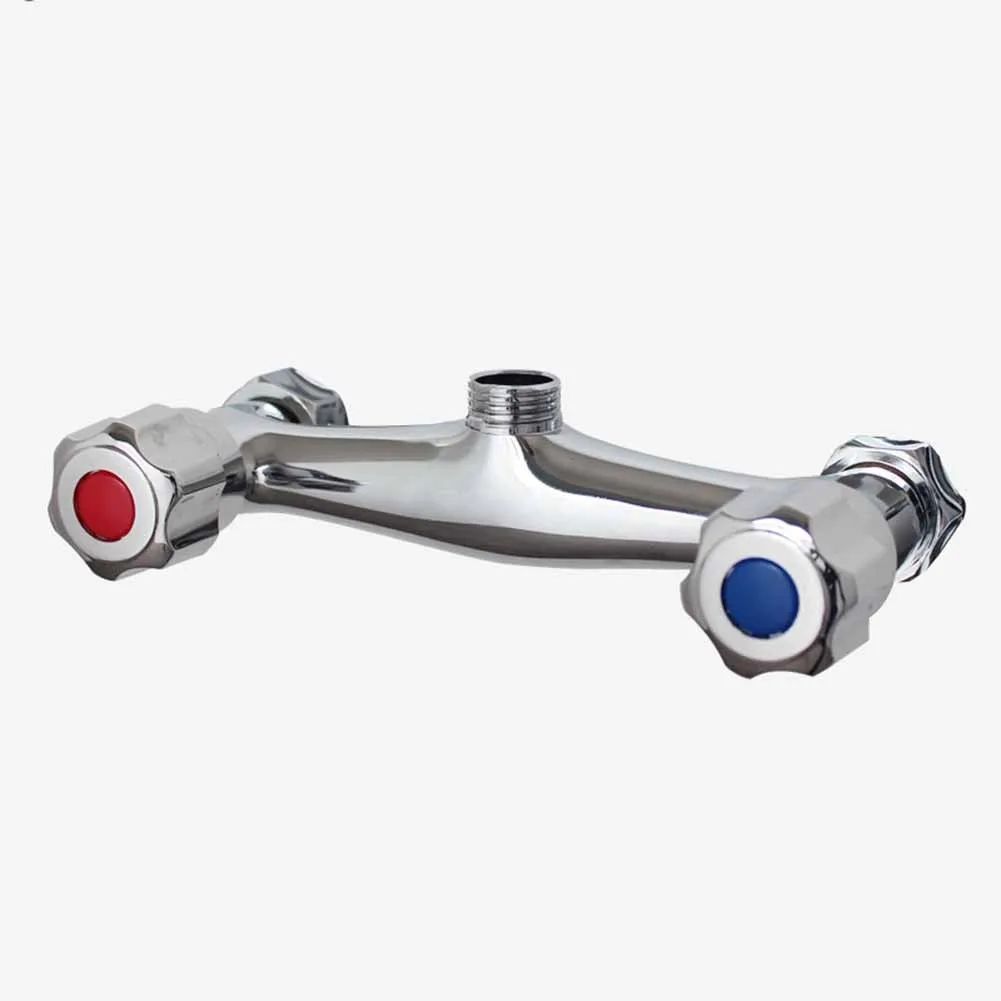Working Principle and Installation Methods of Check Valve
1 4 ball valve
2 inch ball valve
globe valve and gate valve difference
24 valve
The working principle of check valve
The check valve is used in pipeline systems. Its main function is to prevent the backflow of the medium, prevent the pump and its driving motor from reversing, and prevent the release of the medium inside the container. The check valve can also be used on the pipeline that supplies the auxiliary system where the pressure may rise above the main system pressure. Depending on the different materials, the check valve can be applied to pipelines of various media. The check valve is installed on the pipeline and becomes one of the fluid components of this complete pipeline. Its valve disc opening and closing process is affected by the transient flow state of the system it is in. In turn, the closing characteristics of the valve disc have an effect on the flow state of the fluid.

Classification of check valves
Rotating check valve
The valve disc of the rotating check valve is disc-shaped, and the axis of rotation of the valve disc revolves around the valve seat passage. Due to the streamline shape of the internal channel of the valve, the flow resistance is smaller than that of the lift check valve. It is suitable for low flow rate and large diameter occasions where the flow does not change frequently, but it is not suitable for pulsating flow, and its sealing performance is inferior to that of the lift check valve. The rotating check valve can be divided into three types: single disc, double disc, and multi-disc. These three forms are mainly divided according to the valve size, aiming to prevent the medium from stopping flowing or backflow, and weaken hydraulic impact.
Lift check valve
The lift check valve is a check valve that slides the valve disc along the vertical centerline of the valve body. The lift check valve can only be installed on horizontal pipelines. For high-pressure small-diameter lift check valves, the valve disc can be spherical. The shape of the lift check valve body is the same as that of the globe valve (can be used universally), so its fluid resistance coefficient is larger.
Silent check valve
The upper part of the valve disc and the lower part of the valve cover are processed with a guide sleeve. The valve disc guide sleeve can freely lift and lower in the valve cover guide sleeve. When the medium flows in the forward direction, the valve disc opens due to the thrust of the medium. When the medium stops flowing, the valve disc falls on the valve seat by itself, preventing reverse flow. The direction of the through-type lift check valve’s inlet and outlet channels is perpendicular to the direction of the valve seat channel. For the vertical lift check valve, the direction of the inlet and outlet channels is the same as the direction of the valve seat channel, and its flow resistance is smaller than that of the through-type.
Butterfly check valve
A check valve in which the valve disc rotates around the pin axis inside the valve seat. The butterfly check valve has a simple structure and can only be installed on horizontal pipelines. Its sealing performance is poor.
Pipeline check valve
A valve that slides the valve disc along the centerline of the valve body. The pipeline check valve is a new type of valve. It is small in size, light in weight, and has good processing performance. It is one of the development directions of check valves. However, its flow resistance coefficient is slightly larger than that of the rotating check valve.
Compression check valve
This type of valve is used as a valve for cutting off boiler water and steam. It has the comprehensive functions of a lift check valve and a globe valve or angle valve. In addition, there are some check valves that are not suitable for installation at the pump outlet, such as bottom valve, spring type, Y type, etc.
Precautions for check valve installation
- Do not let the check valve bear the weight in the pipeline system. Large check valves should be independently supported to prevent them from being affected by the pressure generated by the pipeline system.
- When installing, pay attention to the direction of the medium flow should be consistent with the direction indicated by the arrow on the valve body.
- Lift check valves with vertical discs should be installed on vertical pipelines.
- Lift check valves with horizontal discs should be installed on horizontal pipelines.
